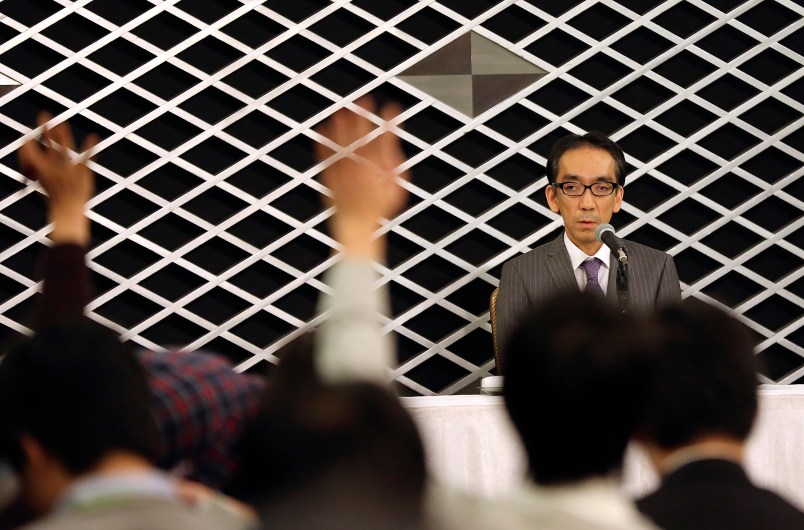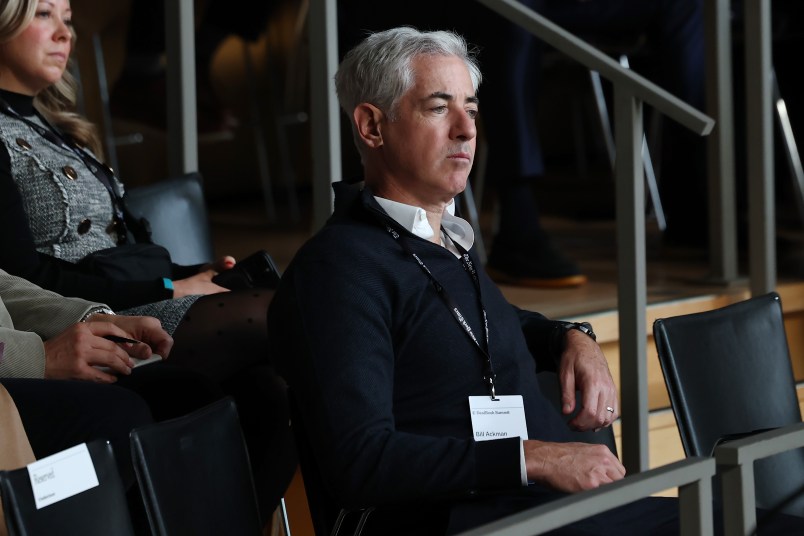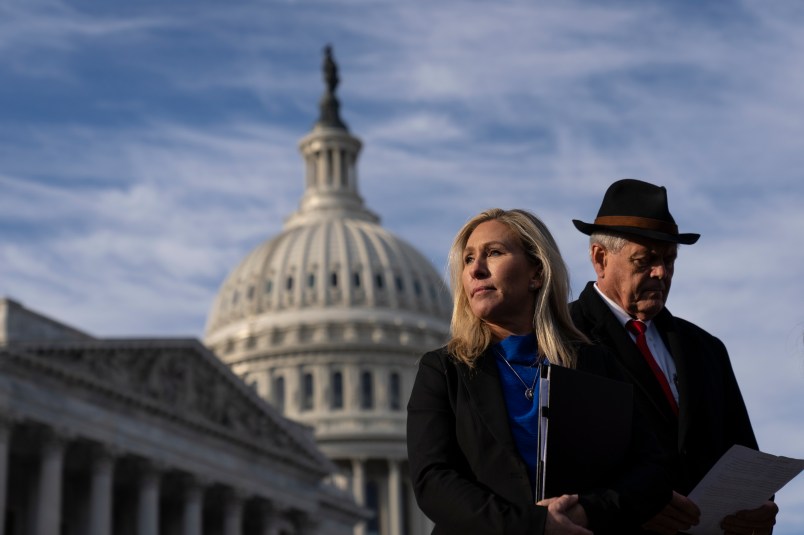TOKYO (AP) — The man once lauded as Japan’s Beethoven said he can partially hear in a new disclosure Wednesday following the stunning revelation last week that his “Hiroshima” symphony and other famed musical compositions were ghostwritten.
In his eight-page handwritten statement, released to the Japanese media through his lawyer, Samuragochi said he had regained part of his hearing three years ago. He apologized for the scandal and for failing to explain to his fans sooner.
The scandal erupted last week when his ghostwriter revealed he wrote music credited to Samuragochi for 18 years.
“(My hearing) has recovered to the level I can catch words when someone speaks close to my ear clearly and slowly, although it still sounds a bit muffled and distorted,” Samuragochi wrote. His hearing is more impaired when his physical condition isn’t good, he said. He stood by his identity as a Hiroshima native and his parents were survivors of the 1945 U.S. atomic bombing.
Samuragochi, 50, confessed to the collaboration the day before a tabloid magazine published an interview with the ghostwriter. Takashi Niigaki, a 43-year-old lecturer at a music college, said he has believed all along his partner could hear, given the way the pair discussed his compositions. Samuragochi has said in his biography that he had completely lost his hearing in both ears at age 35, but no clear explanation of how it occurred has been given.
He is classified as having severe hearing loss and has a certificate for his disability, by which he is entitled to health benefits. He said he wouldn’t mind taking a hearing test, and would return the certificate if the results prove otherwise.
Niigaki said he couldn’t keep the secret knowing Olympic figure skater Daisuke Takahashi was set to use the Samuragochi arrangement “Sonatina for Violin” for his short program at the Sochi Games.









